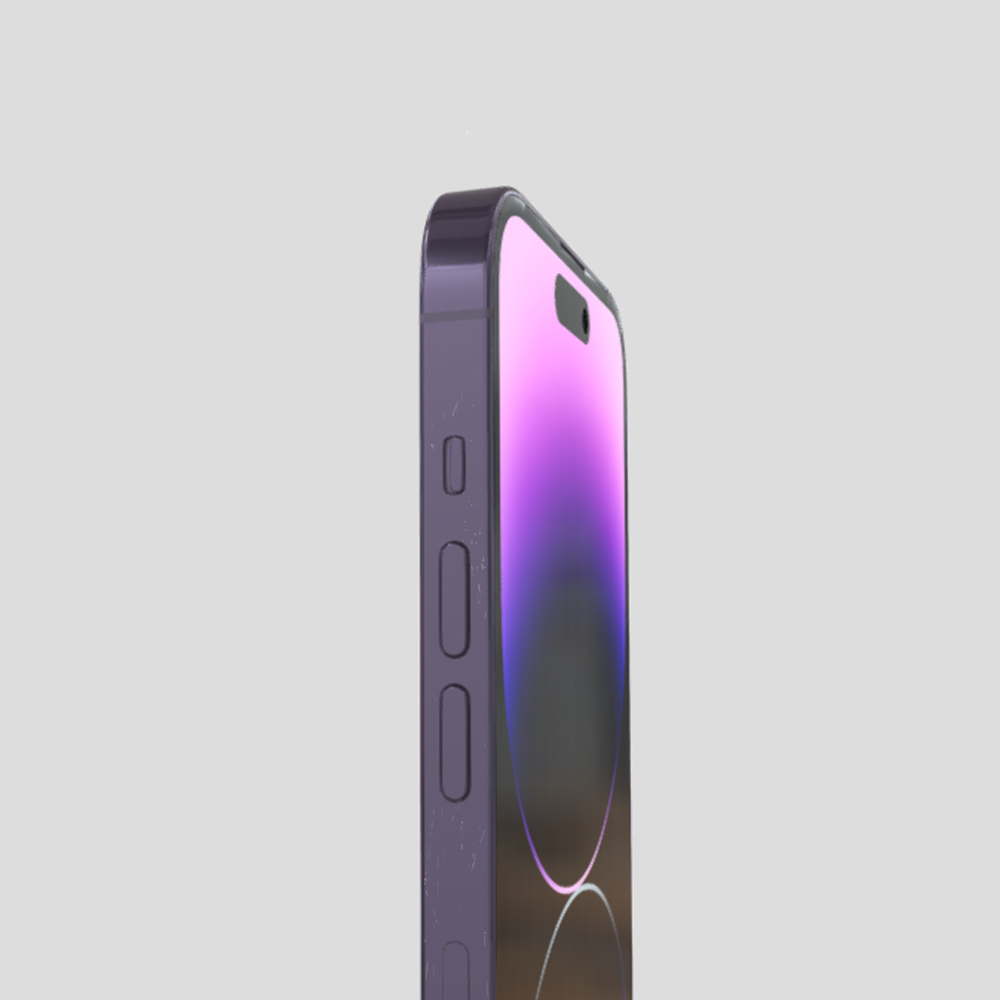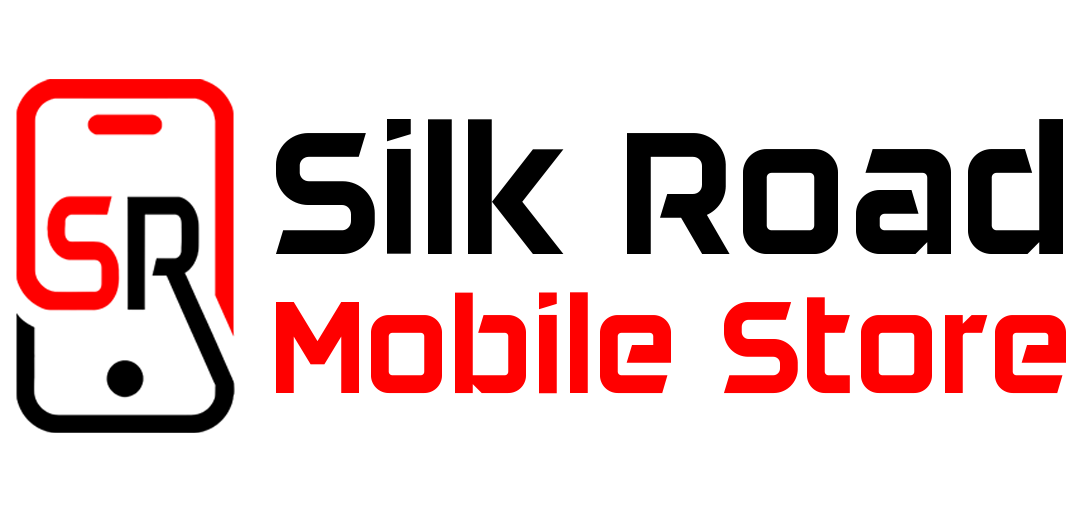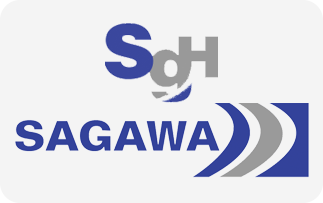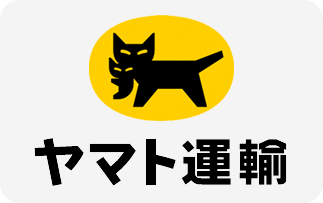AI Wearable Falls Short: Criticized for Lackluster Performance Across the Board

Former Apple executives have recently unveiled a novel wearable device, the AI Pin, drawing mixed reactions from critics. Developed by Humane, the AI Pin is a compact square brooch boasting capabilities such as answering queries, capturing media, and facilitating communication. Humane envisions it as a catalyst for redefining the human-technology interface.
However, reviewers have been less enthusiastic. Marques Brownlee, a prominent tech critic with a substantial YouTube following, slammed the device, labeling it as consistently underwhelming across its functionalities. Despite Brownlee's scathing critique, securing a hands-on experience with the AI Pin proves challenging, particularly for UK residents, as it's currently unavailable in the region.
Initially introduced in the US market, the AI Pin commands a hefty price tag of $700, coupled with a $24.99 monthly subscription. Humane amassed a substantial $250 million in funding to bring the product to fruition. Sporting a screen-less design, the AI Pin utilizes image projection onto the wearer's hand, accompanied by rudimentary gesture controls. While equipped with a phone number, it lacks compatibility with existing smartphones and dedicated applications.
Reviews of the AI Pin have been overwhelmingly negative, with critics highlighting issues ranging from visibility concerns with its laser ink display projections to subpar battery life, necessitating frequent recharges. Some users reported discomfort due to the device's tendency to heat up during extended wear.
Despite requests for comment from the BBC, Humane has remained silent. However, Sam Sheffer, a key figure at Humane, acknowledged the software's shortcomings on X, emphasizing a commitment to iterative improvement based on user feedback.
The AI Pin's performance is closely scrutinized, as it raises pivotal questions about its potential to rival smartphones and the impact of the AI revolution on hardware innovation. While Francisco Jeronimo, an analyst at IDC, acknowledges the AI Pin's novelty, he questions its practicality from a consumer standpoint, expressing skepticism about its long-term viability.
Humane remains undeterred by the critical reception, pledging further updates to enhance the device's functionality. Co-founder Bethany Bongiorno, echoing a sentiment of resilience, encourages perseverance amid challenges, signaling the company's determination to overcome the negative press and continue innovating.




















 English
English 日本語
日本語 Bahasa Indonesia
Bahasa Indonesia
 User Guide
User Guide
























